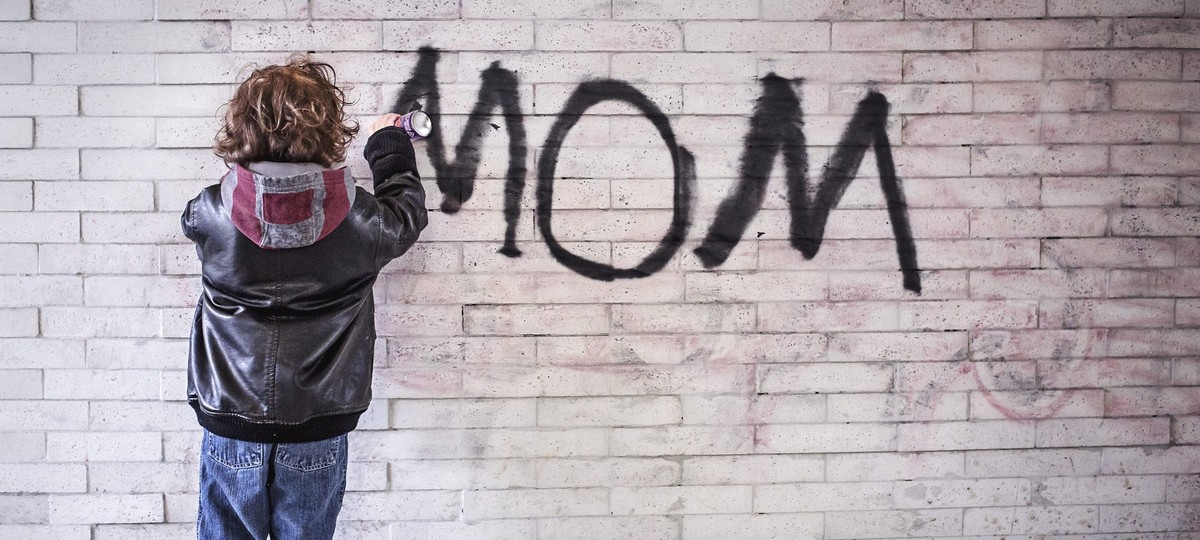
The trailer for Halle Berry's new movie shows beautiful Berry and her boy playing Marco Polo at a busy playground on a sun-dappled day. "Marco!" says Berry. "Polo!" chirps the boy, who looks to be about five. "Marco!" calls Berry. "Polo!" comes the reassuring reply. "Marco!"
I think you can guess what comes (or rather, doesn't come) next. The movie's title is "Kidnap."
The plot is based on our culture's favorite parenting tale: The mom who looked away and lost her kid. We have absorbed it so deeply that we shame any mom who isn't watching her kids 24/7, even though our own mothers gave us free time back when the crime rate was higher.
At last, a new study out of the University of California, Irvine, may have figured out why we are reacting as if unsupervised seconds are crazy dangerous. Researchers Ashley J. Thomas, P. Kyle Stanford and Barbara W. Sarnecka discovered that when it comes to child safety, our risk assessment is determined not by a rational analysis of the facts, but by our judgment of the parent — particularly the mom.
Since we have become convinced, mostly from a surfeit of "Law & Order," that children must be under constant adult supervision, we think any mom who doesn't do that has put her kids in danger. What kind of mom endangers her kids?
An immoral one. So it's a feedback loop: Unsupervised kids have immoral moms, immoral moms endanger their kids. But here's what the researchers found out: The more immoral we think the mom is, the more danger we see in her actions.
The study worked this way. Participants were given a series of vignettes in which kids were left unsupervised. In each of these, the kids' age, location and amount of time alone was the same. The only thing that differed was the reason the mom left. In one scenario, for instance, the mom was dropping a book off at the library when she was hit by a car, knocked unconscious and no one realized the child was still in the car until 30 minutes later. In other scenarios, the mom left the child for 30 minutes to do some work, volunteer or simply relax. And in another, she left for 30 minutes to meet with her lover.
How much danger was the child in, on a scale of 1 to 10?
"When the mother unintentionally left the child alone, people rated those scenarios safer than when she intentionally left the child alone," Thomas told me in a phone interview. So when the child was unsupervised due to circumstances beyond the mom's control, the kid was judged safer than when the mom deliberately went to work, volunteer, relax or — the highest danger perception of all — have an affair.
In other words: If we think the mom is bad, we think her kids are in more danger than if she's good, like the mom who was hit by a car but otherwise did not intend to leave her child's side.
And here's where it gets really nasty: When the researchers substituted dads for moms in their scenarios, the dads' work-related absences were treated the same as their unintentional absences. Their kids were perceived at the lowest level of danger. But when moms left their kids to do some work, the perceived danger increased.
Unconsciously we seem to consider moms as selfishly, immorally choosing to endanger their kids by going to work. Apparently, the only mom we deem decent is June Cleaver — or Halle Berry. (She didn't leave her son; he was snatched from under her nose.)
Now the researchers' hope — and mine — is that we will start to recognize the difference between real danger and our unconscious condemnation of moms who don't live up to some 1950s ideal. And then we'll stop arresting the ones who give their kids some unsupervised time, either out of necessity or free-range choice.
Comment by clicking here.



 Contact The Editor
Contact The Editor
 Articles By This Author
Articles By This Author